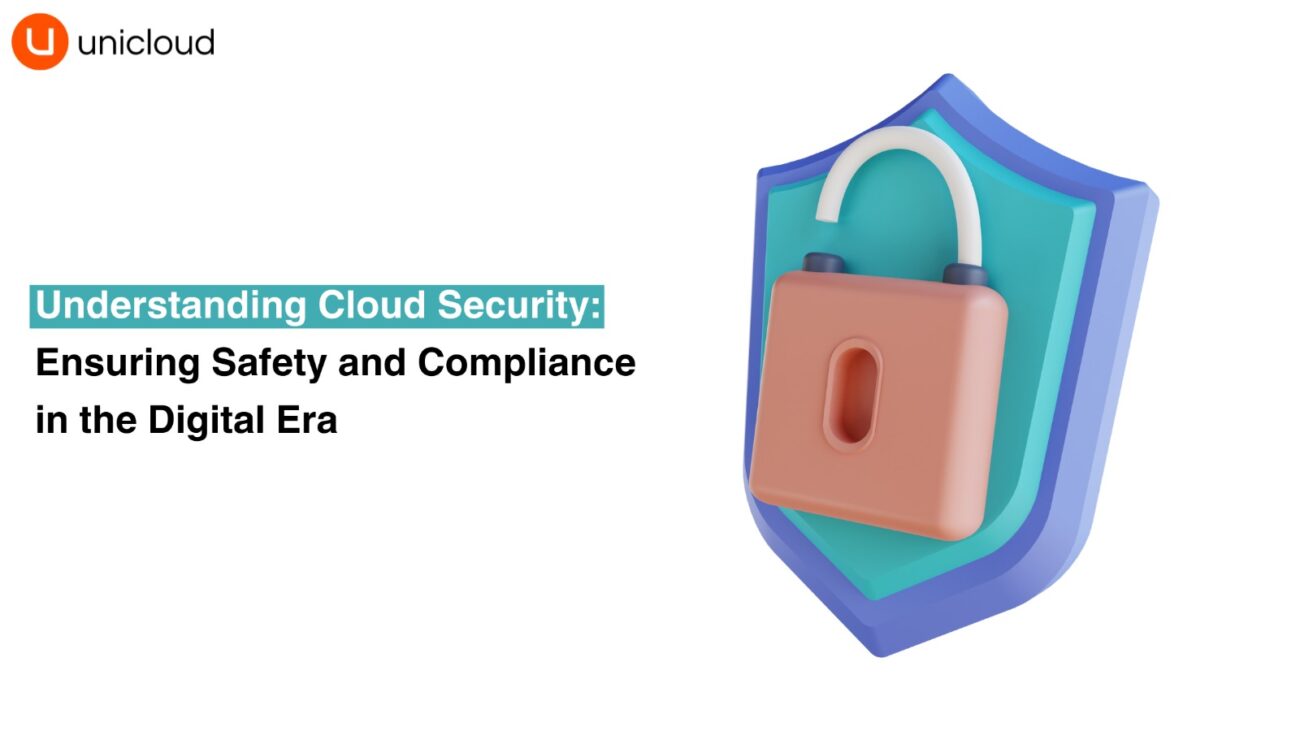
In the rapidly evolving landscape of digital transformation, cloud security stands as a fundamental component ensuring that enterprises’ data, applications, and infrastructures are protected against breaches, threats, and unauthorized access. This comprehensive guide will delve into what cloud security is, the importance of cloud security services, and how cloud service providers enhance enterprise security through advanced protocols and services.
What is Cloud Security?
Cloud security encompasses a wide range of policies, technologies, applications, and controls utilized to protect virtualized IP, data, applications, services, and the associated infrastructure of cloud computing. It is a critical aspect of IT for businesses of all sizes and industries, designed to cover data protection, support regulatory compliance, and protect customers’ privacy as well as setting authentication rules for individual users and devices.
The Role of Cloud Security Services
Cloud security services are specialized protections focused on securing online stored information from theft, leakage, and deletion. These services can include dedicated cloud security solutions that protect critical information from the ever-evolving threats that the digital age brings.
Cloud Security as a Service:
Security as a Service (SECaaS) is an outsourcing model for security management. Integrated by third-party providers, these services help manage your organization’s security needs over the internet, offering crucial capabilities such as threat detection, antivirus, and intrusion detection systems.
Cloud Security Service Providers: Guardians of the Cloud
Cloud security service providers are companies that offer a suite of security services designed to protect clients’ data, applications, and infrastructures housed in the cloud. These providers leverage extensive expertise and advanced security technologies to offer end-to-end protection.
Choosing the Right Cloud Security Service Provider:
Selecting a provider involves evaluating their expertise, the robustness of their security measures, and their ability to comply with industry standards and regulations. Providers should offer comprehensive solutions that align with your organization’s specific needs.
Essential Cloud Security Protocols
Cloud security protocols are standards and policies designed to regulate and secure the use of cloud computing resources. These protocols can include:
Data Encryption: Encrypting data at rest and in transit to ensure that sensitive information is always protected, even if intercepted.
Identity and Access Management (IAM): Tools and policies to ensure that only authorized users can access specific data and applications, enhancing security and operational integrity.
How Cloud Services Security is Implemented
Implementation of cloud security involves multiple layers of control within the network infrastructure. Effective cloud security must address a wide range of issues, from access control and disaster recovery to data integrity and scalability. Moreover, cloud security is not only a technical requirement but also involves policy implementation and a comprehensive risk management strategy.
Cloud-Based Security Services: A Comprehensive Approach
Cloud-based security services offer enhanced flexibility by integrating security at every level of the cloud environment. These services provide proactive threat intelligence, real-time safeguarding, and the ability to quickly adapt to new threats. The use of cloud-based security services allows businesses to extend their existing on-premises security policies and controls to the cloud.
Security as a Service in Cloud Computing
Security as a Service (SECaaS) simplifies security management for businesses by offloading the deployment of security management to cloud providers. This approach is particularly effective for companies that lack the resources to develop their in-house security solutions.
The Evolution of Cloud Security Services in Cloud Computing
As cloud computing evolves, so too does the landscape of cloud security. Advanced threats require advanced solutions, and cloud security services are continuously being developed to address these challenges. The future of cloud security involves using artificial intelligence (AI) and machine learning (ML) to predict, identify, and mitigate threats before they can cause damage.
Compliance and Regulatory Standards in Cloud Security
Regulatory compliance is a critical aspect of cloud security services. Many industries are governed by strict data protection standards such as GDPR, HIPAA, and PCI-DSS, which dictate how data should be handled and protected. Cloud security service providers must ensure that their services are compliant with these regulations to protect their clients from legal repercussions and to maintain client trust. Ensuring compliance also involves regular audits and adjustments to security protocols to align with new and existing laws.
Disaster Recovery and Business Continuity Planning
A vital component of cloud security protocols is ensuring that organizations can recover quickly from any data loss event. Cloud-based security services include robust disaster recovery (DR) solutions that enable businesses to maintain continuous operations and minimize downtime in the face of a disaster. This includes automating backups and creating fail-safes that ensure data is replicated and securely stored in multiple locations. Cloud security services help streamline these processes, making it easier for companies to recover from disruptions while maintaining data integrity and security.
Future Trends in Cloud Security
As technology evolves, so too do the approaches to cloud security. Emerging trends include the integration of artificial intelligence and machine learning technologies to enhance cloud security services. These technologies can predict and neutralize threats before they impact business operations, offering a proactive approach to cloud security. Additionally, the increasing adoption of multi-cloud environments is driving the need for more sophisticated cloud security solutions that can seamlessly function across various platforms. This shift requires cloud security service providers to develop more integrated and adaptable security solutions.
Conclusion: The Imperative of Cloud Security
In today’s digital-first world, the importance of robust cloud security cannot be overstated. Businesses must prioritize comprehensive cloud security strategies to protect their critical data and infrastructure from sophisticated cyber threats. Investing in cloud security services is not just a preventive measure—it is a fundamental aspect of maintaining trust and ensuring the ongoing success of digital enterprises.
